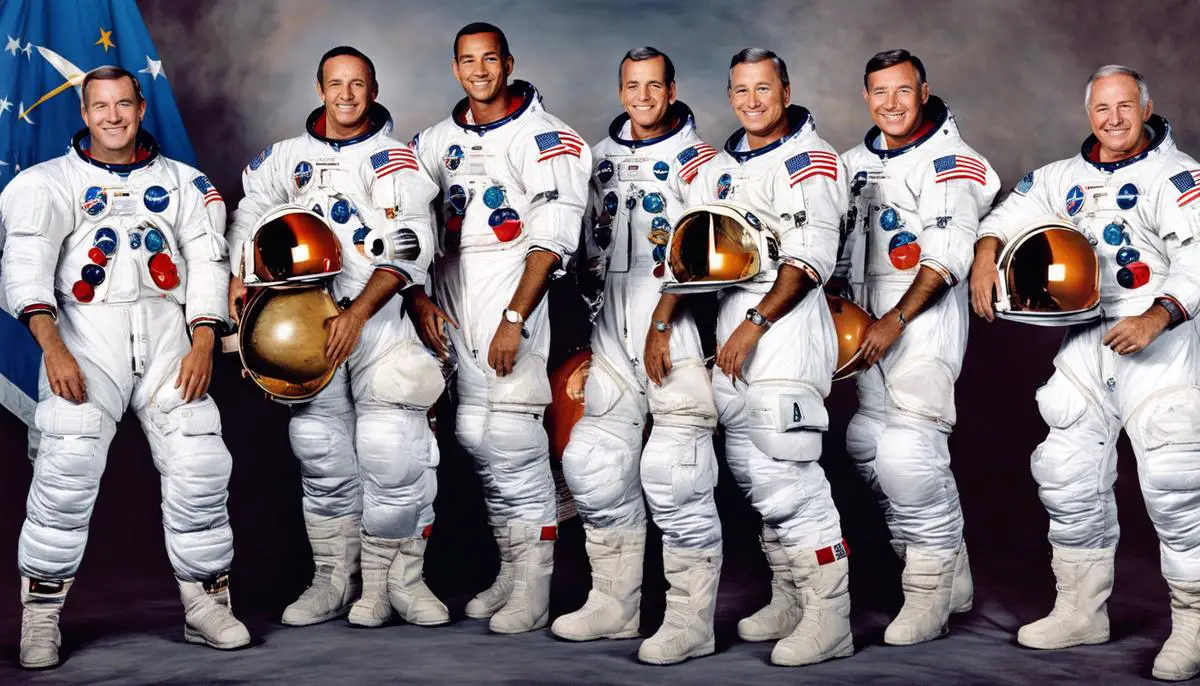Reference




OpenAI's Answer
The Apollo program had a profound impact on space exploration and beyond. Here are some key contributions:
-
Historic Lunar Landing: The Apollo program successfully landed humans on the Moon, with Apollo 11 accomplishing the first manned lunar landing in 1969. This achievement marked a significant milestone in space exploration history.
-
Technological Advancements: The program pushed the boundaries of technology, leading to innovations that spilled over into other fields. Technologies developed included advancements in computing, materials science, and telecommunications.
-
Scientific Discoveries: Apollo missions collected valuable data and samples from the Moon, which have been instrumental in enhancing our understanding of lunar geology and the history of the solar system. Experiments conducted during these missions laid the foundation for modern planetary science.
-
Political and Cultural Impact: The Apollo program was a significant element of the Cold War, showcasing American technological and ideological superiority. It also inspired a generation, fueling interest in science and technology.
-
Economic Returns and Everyday Applications: While the immediate economic returns might not have been visible, the technological advancements from the Apollo program have led to numerous applications in everyday life, enhancing sectors like computing and engineering.
-
Foundation for Future Exploration: The insights and technological achievements of the Apollo program laid the groundwork for future space exploration missions, including current plans to return humans to the Moon and explore Mars.
For more details, you can visit sources like Oxford Academic and BBC.